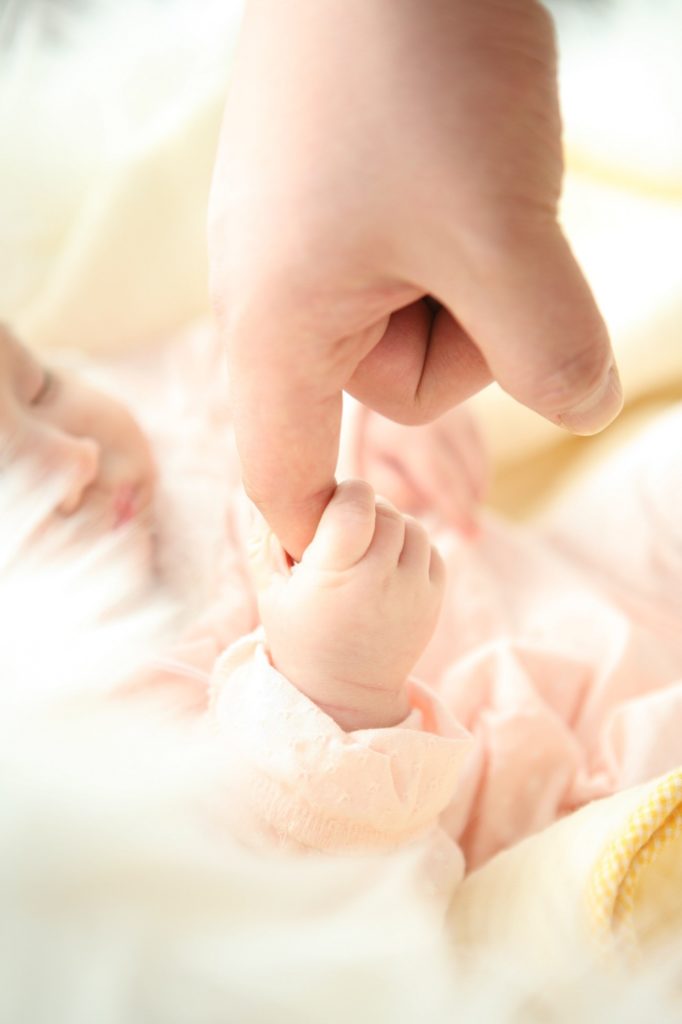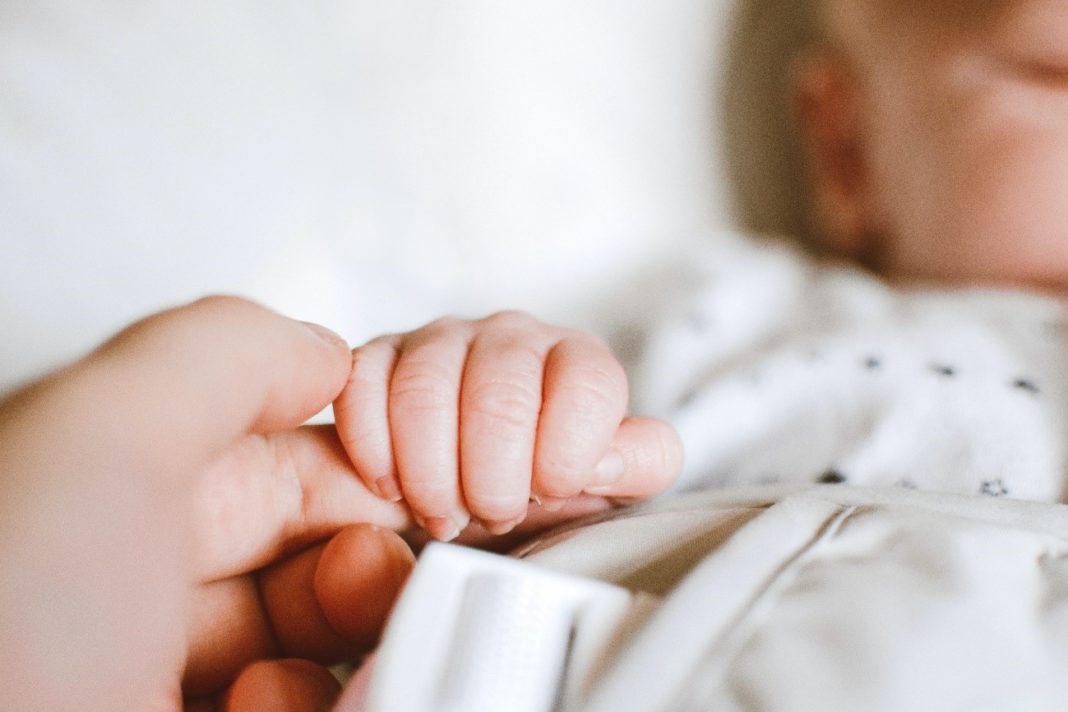
The reasons why a baby is born prematurely can be many, however, when the time comes to take our little one home, it is inevitable to wonder if we will be able to take care of him/her properly without the support of a team of nurses and doctors.
Generally, a premature baby will be discharged when his development allows him to control his body temperature, feed properly, and breathe independently. For this, the baby must reach an optimal weight and the moment of discharge will depend on the complications he/she has had at birth, always under medical control until at least 2 years of life.
Below, we share some general care for a premature newborn that will help you prepare your home and keep calm during the first weeks of life.
Home environment
Premature babies tend to have a lower body fat index so they will need to be kept warm to regulate their temperature. Rooms in the home should be between 21C and 24C. Although our intuition might suggest increasing the temperature to ensure that our little one stays comfortable, we should not make this mistake because it will increase the chances of sudden death. While a temperature lower than 21C could imply a higher consumption of calories by the child to maintain the proper temperature and this results in a lower weight gain.
Hygiene
In addition to the usual cleaning of the home, it is important to wash hands properly, especially when holding the baby. It is advisable to avoid people who smoke or have viral infections such as colds getting close to the baby.
Sleep
A premature baby may sleep more than the usual 16 to 18 hours of sleep of a newborn baby. It is important to ensure the baby’s proper rest and provide a safe environment, always place the baby on his or her back on a firm, flat surface, and make sure there are no objects such as toys inside the crib to avoid accidental suffocation.
Feeding
Breastfeeding is highly recommended for all infants, even more so for those born prematurely. Among the advantages of breastfeeding are the physical contact and the strengthening of the immune system. In general, premature babies will have a higher requirement of calories so feeding could be even more frequent.
Visits
Limiting visitors during the first weeks at home is the most advisable, because the immune system of the baby is not yet armed, so to speak, and any infection can quickly become complicated in a premature baby.
Anyone with a respiratory disease should stay at least two meters away from the baby, and practice proper hand washing, or at best avoid all contact with the baby.
Medical follow-up
Finally, follow-up by a health professional is essential for the life of a premature baby. It will be important to closely follow their neurodevelopment, growth, motor and language development. Premature babies can develop neurological complications that require multidisciplinary intervention by a neurologist, physical therapist, psychologist, nutritionist, and even endocrinologist.












